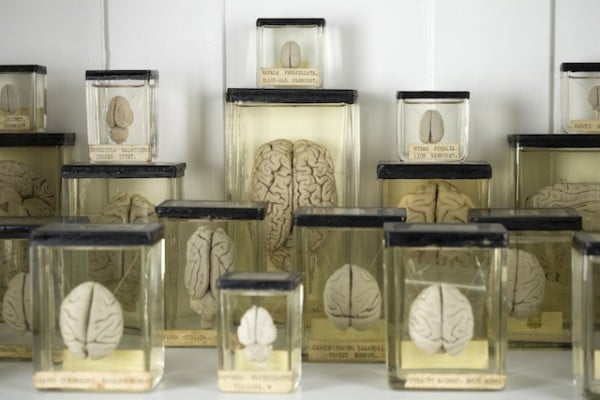Art World
Creating Art Improves Brain Function


Lydia Epp Schmidt


Photo: © UCL, GMZ and Matt Clayton
The benefits of art for both mental and physical well-being are well known at this point. But the neurological effects of visual art production and cognitive art evaluation on brain functional are largely unknown. Scientists at the University Hospital Erlangen in Germany took the first steps to exploring art’s impact on the brain in a study of retirees.
The critical question they hoped to answer: do production and evaluation of art lead to different effects on the brain?
Over the course of 10 weeks, the scientists conducted a study on 28 men and women between the ages of 62 and 70. Half participated in a class in which they were actively producing art, while the other 14 were instead in an art analysis class that took place at a museum. Before the 10 weeks, the retirees had their brains scanned using fMRI and were tested for emotional resilience. The same was done so after.
The results were published in the journal PLOS ONE in an article entitled, “How Art Changes Your Brain: Differential Effects of Visual Art Production and Cognitive Art Evaluation on Functional Brain Connectivity.”
In short: the findings show “a significant improvement in psychological resilience” as well as an improvement in “effective interaction between brain regions” in those that actively produced art. The increased interaction between brain regions was present in the default mode network (DMN), which is associated with cognitive processes such as memory, introspection, and self-monitoring.
It remains unclear as to why those in the evaluation group did not see similar improvements, though the researchers hypothesize that it may be due to the need for simultaneous motor and cognitive processing in the class that produced art.
The results suggest, though the sample group was small, that the benefits of actively creating could provide some concrete benefits that could counteract some of our cognitive decay as we age – increasingly important considering one fifth of our population will be 65 or older by 2030.